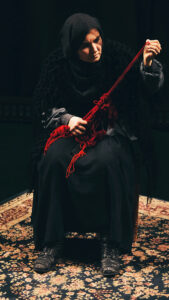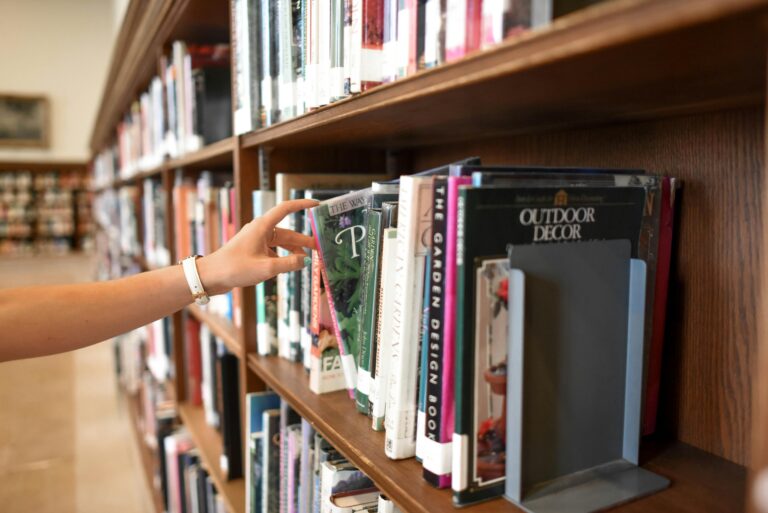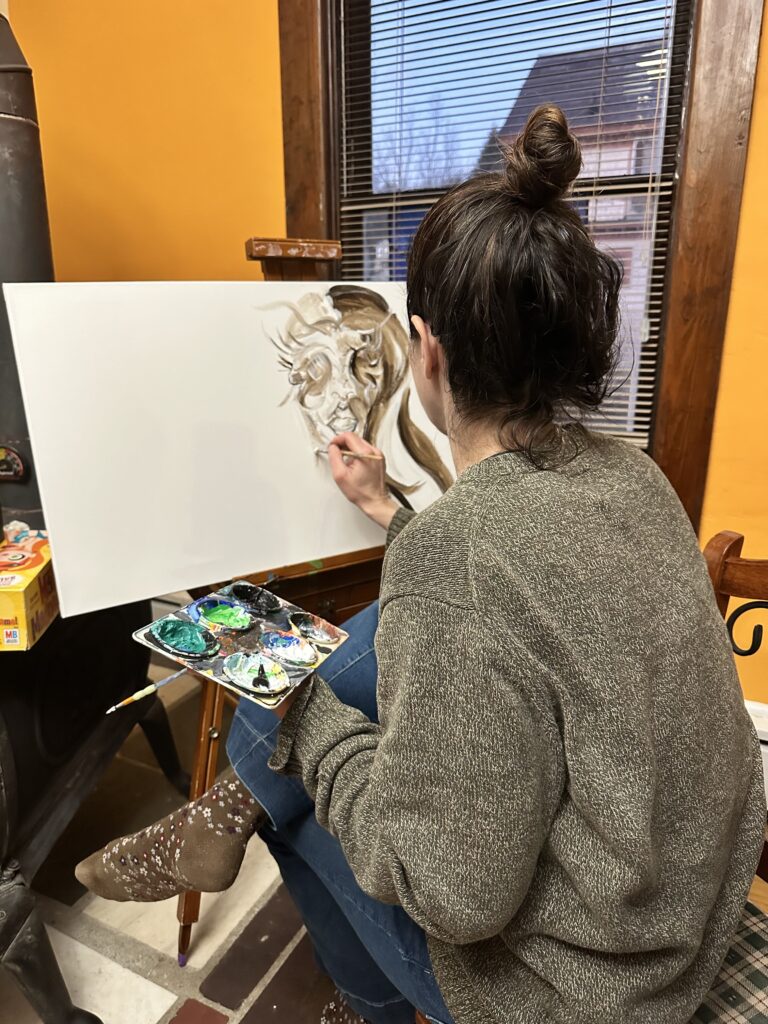Devised theater piece kicks off Soundings season

On Thursday, Feb. 1, the Casella Theater was filled with the mournful melodies of the Kurdish people as Castleton welcomed CP4P International’s “I will dance with those oak trees as long as,” the first performance of the Spring Soundings program.
Set in the Kurdish homeland (which includes parts of Turkey, Iraq, Iran, and Syria) in a carpet store, the two-person performance utilized masks, props, and music to tell the stories of three women.
The props included a suitcase, since the Kurdish people have often been forced to flee their homeland to escape war and genocide, a ball of red yarn that, sometimes literally, tied the women together, and carpets, which were maneuvered to create a bridge, a forest, and a hiding place.
There were masked monsters hiding between carpet trees and a whispering tension underscored by the incorporation of Kurdish melodies. Despite moments of joy, the audience was left with a feeling of uneasiness and many questions.
CP4P International is the brainchild of Audrey Dégez, a Pittsburgh, PA and Paris, France-based artist and director.
In the Spring of 2022, Dégez was scheduled to write a new play through a residency in Ukraine, a dream that was cut short when Russian forces invaded the country. Not wanting to give up, Dégez founded CP4P International, and hired five Ukrainian actresses to help bring her production to life. Their creation, Mother, Motherland, was a critical success, and when the production closed, Dégez began looking for a new project.
“There were major earthquakes in Kurdistan, and I had received messages from people I knew asking for support for people in Turkey and Syria,” said Dégez. “I couldn’t give money, but I thought, well, what can I do? I can produce a piece of theater inspired by Kurdish culture and hopefully it will make people curious about where Kuridstan is and who Kurdish people are.”
Dégez asked one of the actresses, Daria Holovchanska, to stay on and take part in her new creation. Noting the similarities between Kurdish culture and her own, both of which have experienced violence and oppression, Holovchanska readily agreed.
“We can’t, in the theater, speak about something which doesn’t matter for us,” said Holovchanska. “[Joining this production] became for me a way to speak about important topics which are bothering me and connect with my culture.”
CP4P International’s mission is to bring these marginalized cultures to a wider audience through storytelling. Perhaps, the company hopes, audiences will walk away with questions, and continue learning long after the curtains have fallen.
“Theater is a dialogue, first of all, between the artists/creators and audience,” said Holovchanska. “I do not see the sense in theatre when artists come onstage and tell [the] audience the answers. But when the audience go out from the performance asking themselves questions about their life, about what is going on, or they ask themselves questions which they had never








